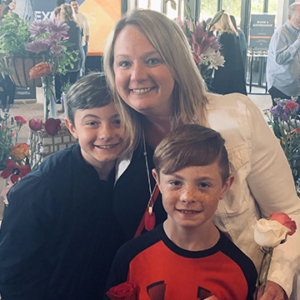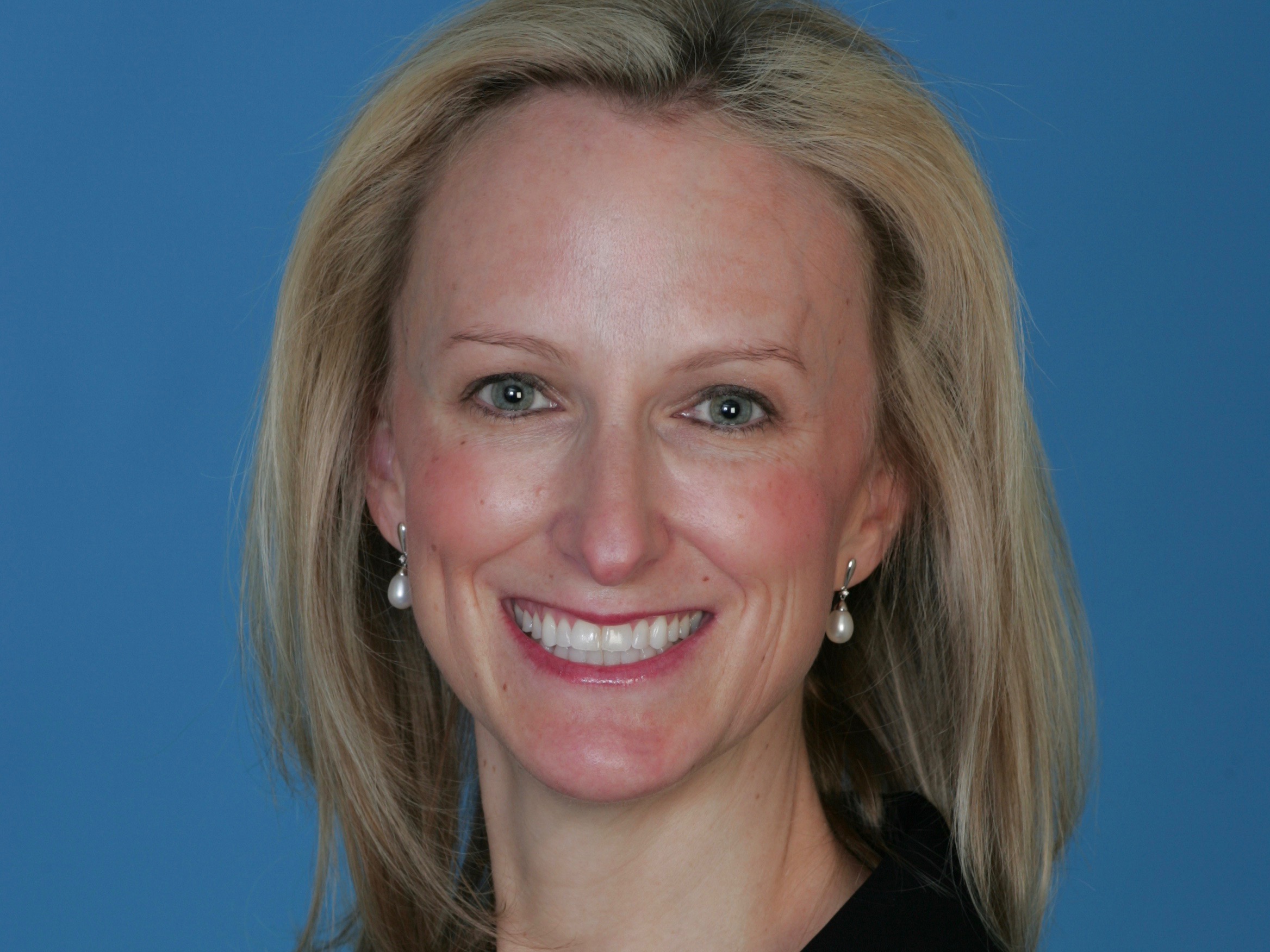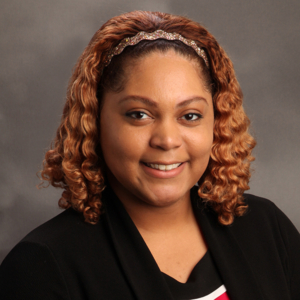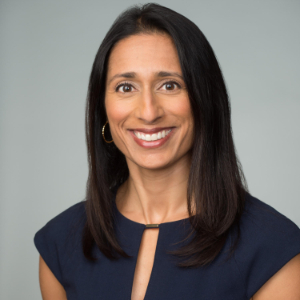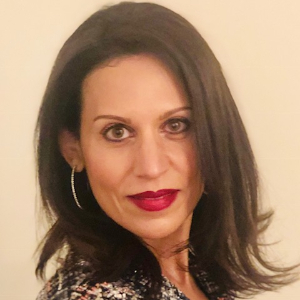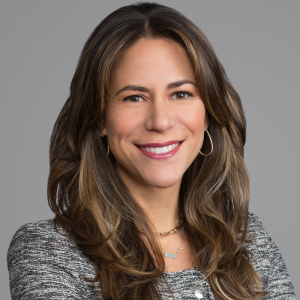Intrepid Women: Beverly Robinson, Client Service Consultant Abbot Downing
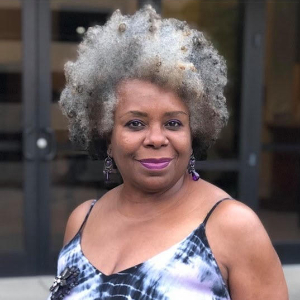 Beverly Robinson, Client Service Consultant Abbot Downing is a woman both of influence and advocacy.
Beverly Robinson, Client Service Consultant Abbot Downing is a woman both of influence and advocacy.
“I’ve learned to “code-switch” conversationally, in order to convey diverse philosophies and concepts. This tactic allows me to circumvent being profiled and misinterpreted as “angry or aggressive”, and in that way, my voice for diversity and inclusion, and ideas for advocacy are heard more clearly. As an African American woman in Corporate America, I’ve learned that I cannot afford to be thin-skinned when my ideas are usurped, re-mixed or claimed by others. There’s an art to being a woman of diversity, inclusion and advocacy.
My banking career is a means to my economic well-being. However, support of the disenfranchised and marginalized is where I have the greatest impact, and receive heartfelt, profound fulfillment.
As a survivor of childhood molestation, it’s imperative that I fight for those whose voices are often stifled by domestic violence, fear, stigma and even death. I spend priceless time at our local Family Services and Rape Crisis Centers, talking with mothers, hearing their stories of survival, and offering my time and resources. Organizing programs for the national “Domestic Abuse Awareness Month”, to assist the families in moving to the next level, empowers these families and creates hope for a brighter future. In addition, I spend time on college campuses, speaking for the National “Take Back the Night” campaign, and have met and formed friendships with students who have opened up and come forward with their own stories of abuse. Many of these students have graduated to become powerful advocates. Pushing my corporation to provide professional opportunities for students of color who attend Historically Black Colleges and Universities (HBCU’s) is an ongoing passion, resulting in graduates achieving internships and careers and even becoming entrepreneurs. Several of my colleagues have volunteered to become guest lecturers at those HBCU’s, forming an alliance with the faculty and students, helping to power an enduring and ever growing partnership, focused on providing opportunities for a rising generation of talent and leaders.
Because of the confluence of all the above, I became an author, sharing my story and life experiences, presenting workshops and seminars, and traveling nationally doing book tours. My audience is diverse, broad and varied.
Growing up, my upbringing was a bit eclectic. My childhood was not unusual, but not necessarily normal. I began school in Ft. Riley, Kansas where my step-dad was stationed in the Army, in an integrated environment including students who were children of soldiers. Our neighborhood was fully integrated, and by all accounts, civility and unity ruled the day. Being a leader in class both scholastically and athletically, I made friends easily. I clearly remember my first bold act of advocacy on behalf of my classmate, my little blonde, blue-eyed friend named Donna, who, when called on by our teacher to give answers to pop quizzes, was paralyzed with fear, unable to raise her hand to answer the questions asked in rapid fire succession.
As all of our hands were upstretched in excitement, wanting to be picked to answer the questions, our teacher continued to purposely call on her, making my classmate cry uncontrollably, in embarrassment.
The discomfort I felt for her compelled me to yell out the answer each time our teacher berated her, which angered and frustrated the teacher. I spoke up and answered the questions out of turn, knowing I would get in trouble. Donna’s feelings mattered to me. I didn’t appreciate the mistreatment and bullying of my friend. Conversely, my teacher didn’t appreciate my interjections, with my yelling out the answers, so she hastily took me out of the classroom, and in the presence of another teacher as the “witness”, I received corporal punishment. The other teacher seemed irritated that the punishment did not fit the crime, but did not interfere, nor raise opposition. I remained defiant. After this episode, the teacher tapered her verbal assaults directed at my classmate, all but ignoring her. I remained prepared to yell out answers on her behalf. I learned about getting into “good trouble” early on.
My step-dad’s military career was cut short due to his poor physical health. The normality of my childhood was disrupted because he was also unhealthy mentally. He was an incestuous pedophile. We left Ft. Riley, and moved back to my hometown, where I began a new school. A segregated school. The anomaly of transferring from an integrated school to a segregated school and neighborhood wasn’t earth shattering in my young eyes, as I felt comfortable in both settings. My new school was all-Black. All of the teachers, faculty and staff were Black, and the students were treated like family. The women wore dresses, pearls and heals, and all the men wore suits and ties every single day. The pride they carried washed over us as students. They believed strongly in instilling in us a solid education. They believed in excellence and wouldn’t allow any of us to settle for less. Integration and busing came to our school four years later. Our fifth grade teacher, Mrs. Tanner, who was beautiful and brilliant, prepared us for the integration process that was to happen the following year. She gave us “the talk”, and drilled in us that although the books, equipment and educational materials that we used for study were old and dated, compared to the ones of our white peers whose schools were on the more prominent side of town, we were just as smart and capable. I believed Mrs. Tanner, and her words regarding capability settled in my consciousness to this day. I graduated from college and obtained my MBA.
From corporate boardrooms to college campuses, and from church pulpits to women’s empowerment conferences, my sphere of influence has allowed me the esteemed opportunity to listen with compassion, create viable diversity programming, to serve as mentor and trusted advisor to executive management, share life experiences, and to empower and affirm those seeking answers to life’s challenges. I learn and grow with each interaction. Advocacy isn’t the path of least resistance, and often, fighting for others while girding oneself mentally and emotionally is typically the road less
traveled. At times, my resolve and tenacity has been shaken when I’ve seen clear paths and pipelines to inclusion, but met with non-cooperation, deflection, indifference and lack of enthusiasm. It’s always a challenge understanding those who are not willing to work hard on behalf of others, unless they receive accolades – self-aggrandizement. But I’ve learned that to push forward to accomplish goals, ideologies and dreams, sometimes obstacles have to be sidestepped, and rerouting and recalibrating is necessary in order to accomplish the objectives of unity and inclusion.
I’m enjoying my journey, paying keen and sincere attention to the needs of those requiring a voice. I relish being able to push, pull and convince others to work on behalf of those in need. All of our lives improve markedly when we serve l.o[0others. I shall continue to advocate for those within our company structure, and for those outside of our corporation. And, as I say often, “courage takes courage”.
Abbot Downing, a Wells Fargo business, and Wells Fargo Private Bank offer products and services through Wells Fargo Bank, N.A. and its various affiliates and subsidiaries. Wells Fargo Bank, N.A. is a bank affiliate of Wells Fargo & Company
By Aimee Hansen

